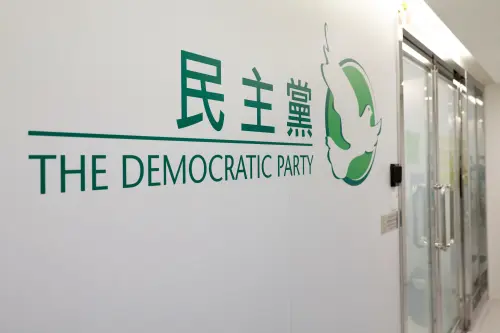The Democratic Party of Hong Kong announced on Thursday its intention to initiate the process of dissolution following a meeting of its leadership, in response to an extensive national security crackdown in the city. Established in 1994 in anticipation of Hong Kong's handover from British to Chinese control in 1997, the Democratic Party has been the leading opposition party, enjoying widespread public support in city-wide elections.
Chairman Lo Kin-hei stated that the final decision on disbanding would be subject to a vote by the party's members at a forthcoming meeting, requiring a 75% majority from those present. Reflecting on the challenging democratic landscape in Hong Kong, Lo highlighted the complexities faced in recent years.
Addressing inquiries regarding external pressures, Lo emphasized that the resolution was a result of a comprehensive assessment of the prevailing political climate. Despite the decision, he mentioned that the party's financial situation was stable, allowing for continuation if necessary.
Under the framework of "One-Country, Two Systems," Hong Kong is guaranteed a significant degree of autonomy and liberties under Chinese governance. However, recent employment of security laws has led to the detainment of numerous democrats and the closure of civil society organizations and independent media outlets.
An electoral reform in 2021 further limited the involvement of democratic entities in Hong Kong's political sphere, exacerbating their marginalization. While drawing condemnation from various nations, the security laws have been defended by Hong Kong and Chinese authorities as necessary for preserving stability in the financial center.
Noteworthy for their activism, some members of the Democratic Party have encountered legal repercussions, with a few individuals such as Wu Chi-wai, Lam Cheuk-ting, Helena Wong, and Andrew Wan being incarcerated following a legal case involving 47 prominent democrats. Ted Hui, another party member, opted for exile due to legal threats.
Similarly impacted, the Civic Party, regarded as Hong Kong's second-largest pro-democracy party, is undergoing challenges with some of its members, including Alvin Yeung and Jeremy Tam, facing judicial consequences under the national security law.
